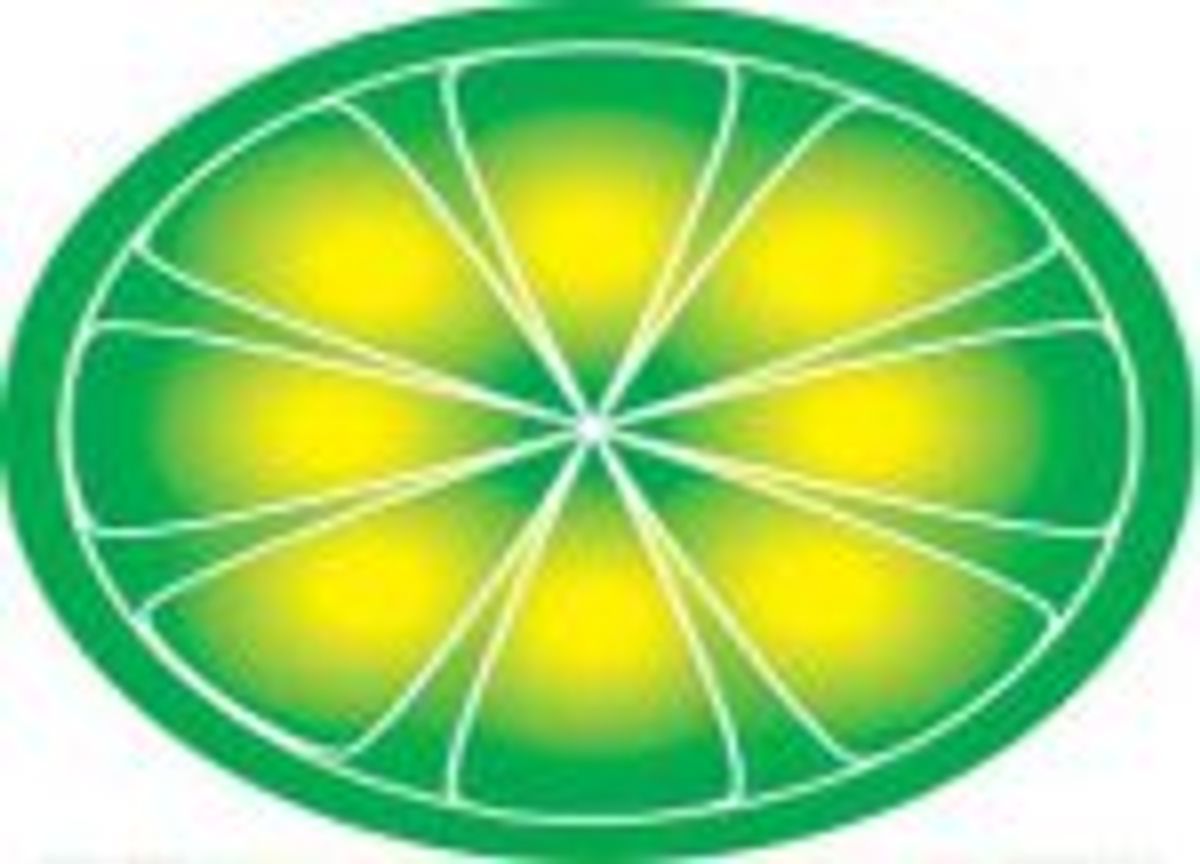Visitors to the LimeWire file-sharing site found this message today: “This is an official notice that LimeWire is under a court-ordered injunction to stop distributing and supporting its file-sharing software. Downloading or sharing copyrighted content without authorization is illegal.”
As someone who has been watching, and writing about, LimeWire for nearly a decade, (including this story in May 2007 for Spectrum) this moment is a long time coming. And while the fight will still continue, it perhaps marks the end of what might be called the Peer-to-Peer Decade.
For LimeWire, that decade began with its unlikely founder, Mark Gorton. Gorton defies the stereotype of the version 1.0 Napster punk. With an undergraduate degree in electrical engineering from Yale, a master’s from Stanford, and an MBA from Harvard, Gorton built an empire, and a name, by coding the solutions that make them tick. Tower Research Capitol, his financial services company on Wall Street, is among the small but elite firms that employee quantitative analysts (sometimes called “quants”) who code black box software that automatically exploits ripples in the market, and makes trades. Instead of recruiting from business schools, Gorton recruited his Wall Street whiz kids from unlikely places: physics, math, and engineering departments.
But despite his Wall Street fashion success, Gorton’s inner nerd caught up with him during the Napster craze of late 2000. Gorton used his quant-made cash to fund his most ambitious mission, as he once told me, “building open source tools to help improve the functioning of democracy.” One such tool was the file-sharing network, Gnutella. Unlike Napster, Gnutella was part of the open source community: idealistic programmers around the world who distributed their code for others to tweak and improve. Problem was, Gnutella was also something of a mess. “It was pretty poorly organized,” Gorton said. So he set about cleaning it up.
The result was LimeWire, an easy-to-use free download that achieved the considerable feat of taming Gnutella for a newbie crowd. The software soon resided on nearly 10 million computers worldwide. While Napster crashed and burned, LimeWire avoided being sued. Hilary Rosen, then president and CEO of the Recording Industry Association of America, warned in 2001 that just because Gorton hadn’t received a call from the RIAA, didn’t mean he shouldn’t be worried. “No one should take comfort in that they haven’t been sued yet,” she told me.
For Gorton, however, this was all becoming rather moot. A swarm of coders online quickly churned out their own spin-offs of LimeWire, just in case anything should happen. “If the recording industry sues me,” Gorton told me, “I can fire all my programmers, stop development, and the network will keep running.”
Not anymore, it seems. But I don’t expect Gorton to back down so easily. After the Recording Industry Association of America sued Gorton for facilitating copyright infringement a few years ago, Gorton countersued back. He then launched an iTunes style music store that users LimeWire as its engine. Gorton also created the Open Source Planning Project, a non-profit that develops free software tools for community groups. One of these projects is Transportation Alternatives, a grassroots effort in New York to produce livable streets for pedestrians and cyclists.
Each of Gorton’s efforts relies on what might be called nerd-sourcing, tapping braniacs for out-of-the-box solutions. But the code that drives Gorton is more personal. By creating the right tools, he believes, it’s possible to not only build a business, but a stronger world.
David Kushner is the author of many books, including Masters of Doom, Jonny Magic & the Card Shark Kids, Levittown, The Bones of Marianna, and Alligator Candy. A contributing editor of Rolling Stone, he has written for publications including The New Yorker, Vanity Fair, Wired, and The New York Times Magazine.



